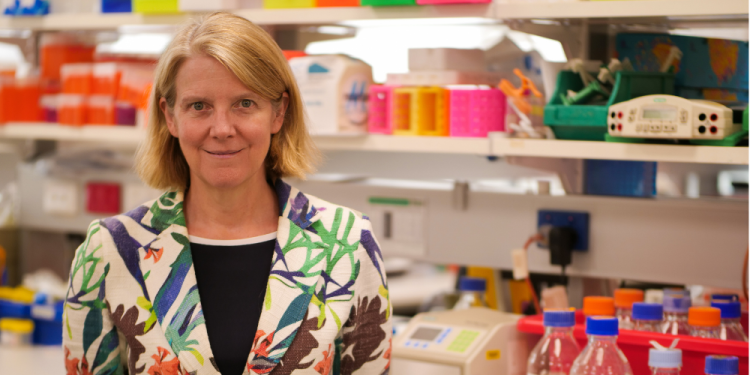
Ovarian carcinosarcoma (OCS) is a rare and aggressive form of cancer that poses significant challenges for treatment.
With limited effective treatment options available, many women diagnosed with OCS face a poor prognosis. However, researchers from the Women’s, together with local and international colleagues, are determined to change this.
The research team embarked on a mission to study OCS, aiming to better understand its origins and discover more effective therapeutic approaches. They performed gene analysis on a large cohort of OCS tumours, both at the time of initial diagnosis and during recurrence.
Twenty-four women with OCS took part in the study. The team then successfully created six patient-derived models that faithfully replicated the behaviour of the original tumours, which they then implanted in specifically-bred mice.
Their study confirmed that OCS originates from the same cells as high-grade epithelial ovarian cancer. However, during cancer development, a transformation occurs, converting these cells into sarcomatous cells through a process known as epithelial-to-mesenchymal transition (EMT).
While EMT is a normal cellular function that allows controlled movement within the body, OCS cells exploit this process, leading to increased aggressiveness and treatment resistance.
The researchers found that eribulin, a type of chemotherapy, exhibited effectiveness against OCS and also had the ability to reverse the EMT process. This reversal triggered the activation of immune cells relevant to immunotherapies, opening new avenues for treatment.
Lead Researcher from the Women’s Prof Clare Scott, a clinician-scientist who witnesses the devastating impact of female cancers on women, expressed hope for the future.
“This laboratory research is about bringing hope to these women. By understanding OCS better, we can treat the cancer more effectively,” Prof Scott said.
Building on the findings of this study, an investigator-initiated clinical trial called EPOCH will commence in April 2023. The EPOCH trial will assess the effectiveness of eribulin as a standalone treatment, or in combination with immunotherapy (pembrolizumab), for women with advanced OCS.
This research was published in Cancer Research.